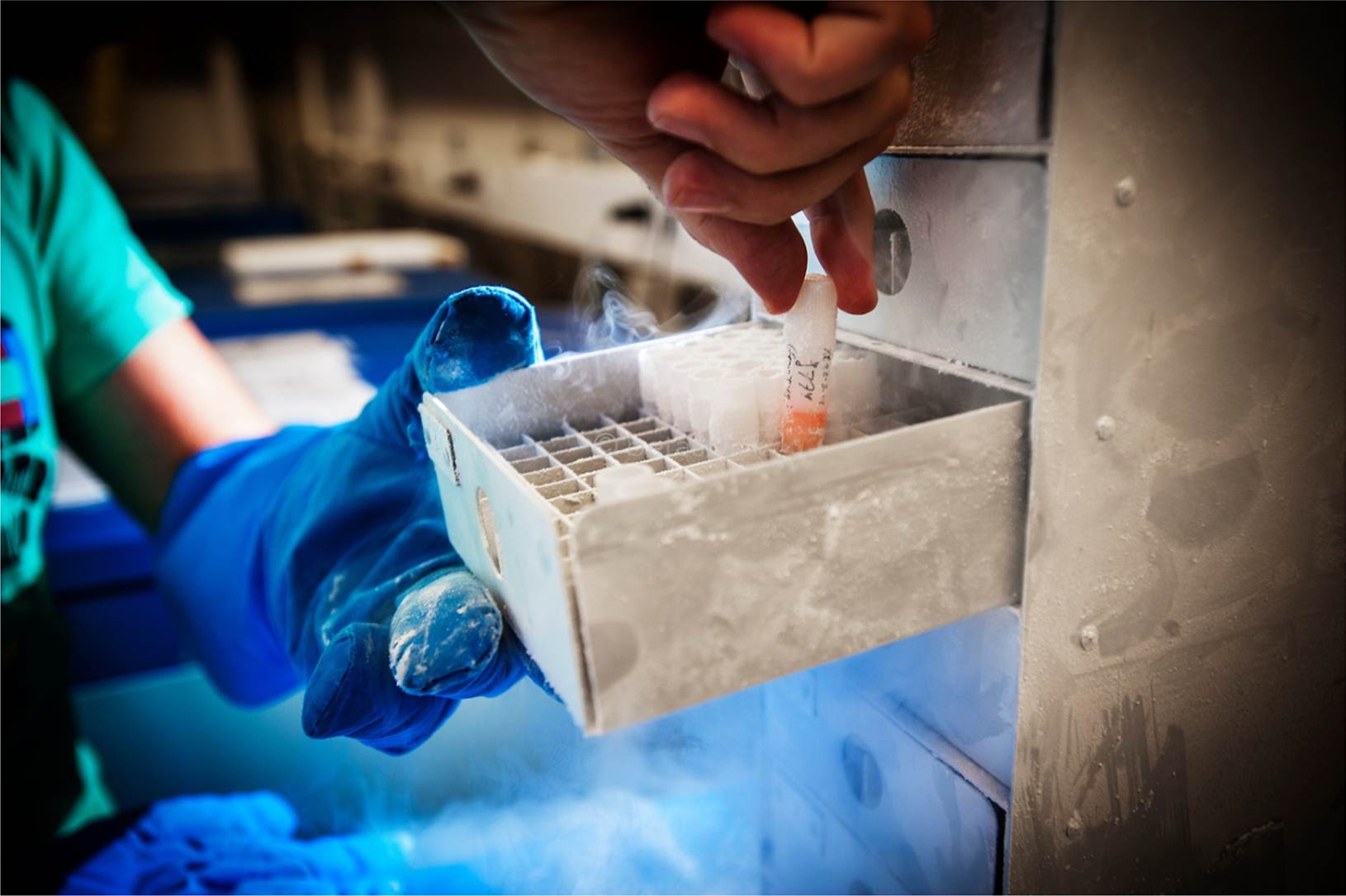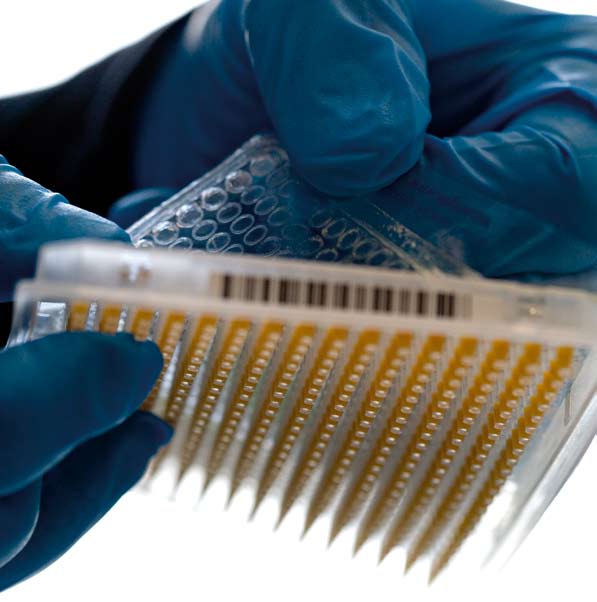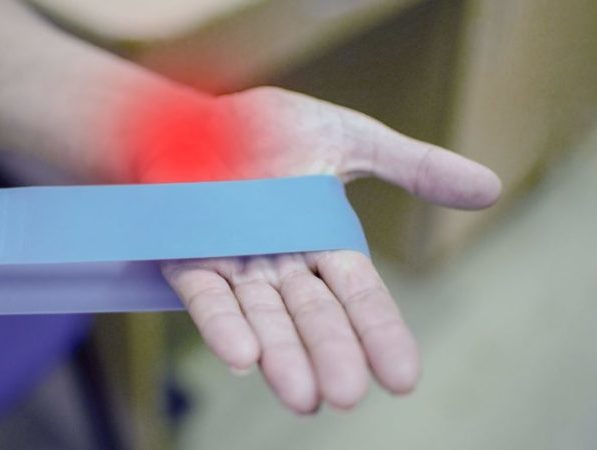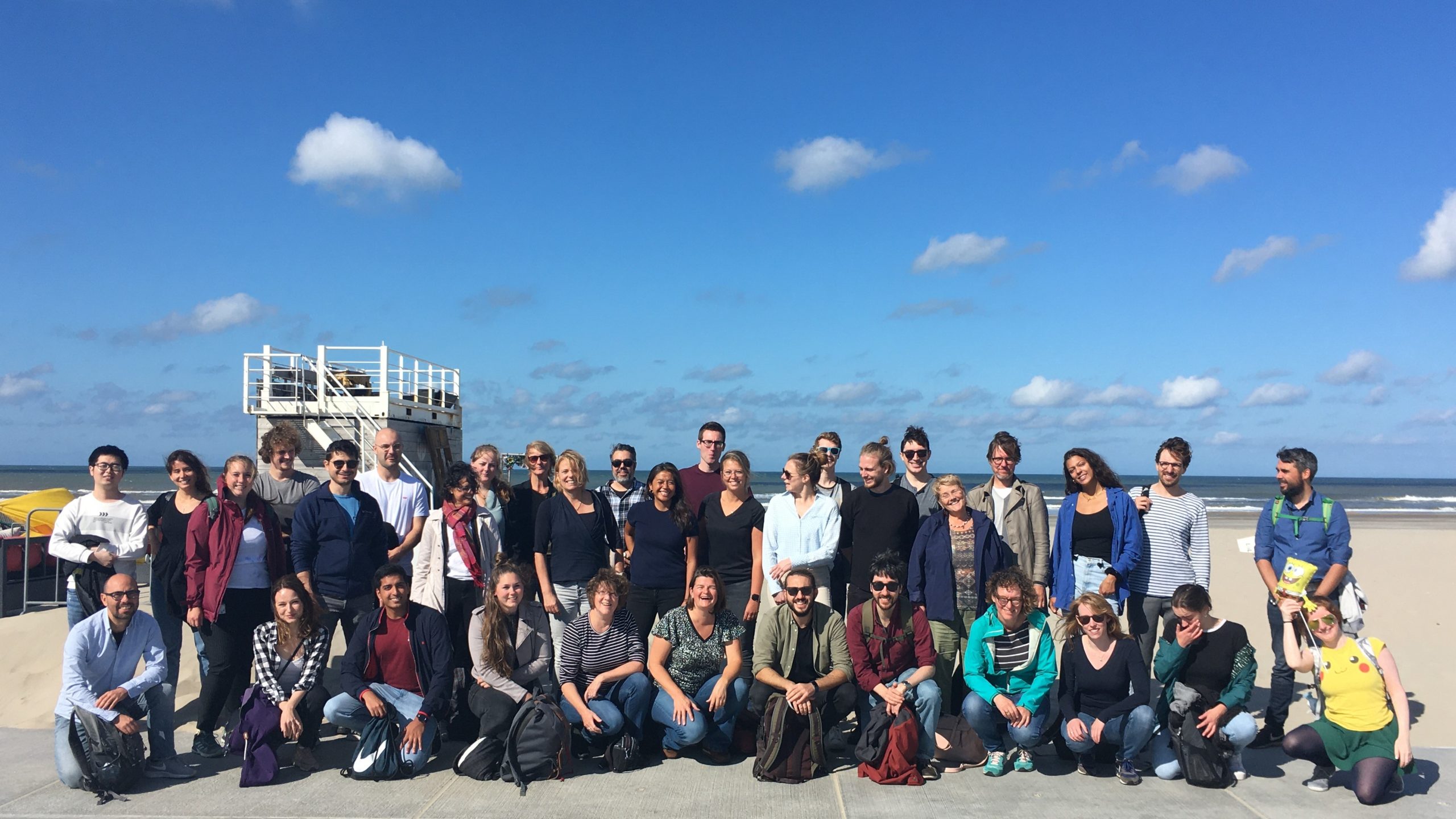



Molecular Epidemiology: Developments in ageing research
Exciting approaches to ageing research. Why do some people survive into their nineties and can still ride their bikes, while others age faster in poor health? The Molecular Epidemiology department of the LUMC conducts research into the origin of these differences and how these differences can be reduced.
What affects the ageing rate?
Which mechanisms play a role in this? To investigate this, the researchers are looking at factors that cause people to age healthily. Research is being conducted in long-lived families for this. In these families, the majority manage to reach the age of ninety. What is their secret? Which genes are beneficial? What makes their bodies different from other people? Within this context, we focus on a healthy metabolism, disease and osteoarthritis.
Furthermore, we focus on patients and population-based cohorts such as families who develop osteoarthritis in middle age (GARP), long-lived families (Leiden LangLeven Study), population-based elderly (Leiden 85+ Study and populations exposed to adverse conditions early in the life (the Dutch Hunger Winter study)
Dutch biobanks
In collaboration with various Dutch Biobanks, we integrate studies by following newborn babies to middle-aged and long-lived patients. We use serum parameters, genetic and (epi)genomic images, metabolic data and lifestyle questionnaires. We use modern techniques for this. We study extensive biological information from donors that is stored in biobank databases (primary skin cells, peripheral blood cells, mesenchymal stem cells). Through national and international partnerships (BBMRI), we are deeply involved in organizing the infrastructure and the statistical and bioinformatics pipelines needed to analyze the data obtained by the latest omicstechnologies.
Collaboration worldwide
Our research is closely linked to aging research within global and European research groups, in which our scientists participate or have a leading role. Under the leadership of Prof.dr. Eline Slagboom focuses the expertise of Molecular Epidemiology in different research areas: osteoarthritis, metabolic or cardiovascular disease, aging and longevity and the field of epigenetics and bioinformatics.





